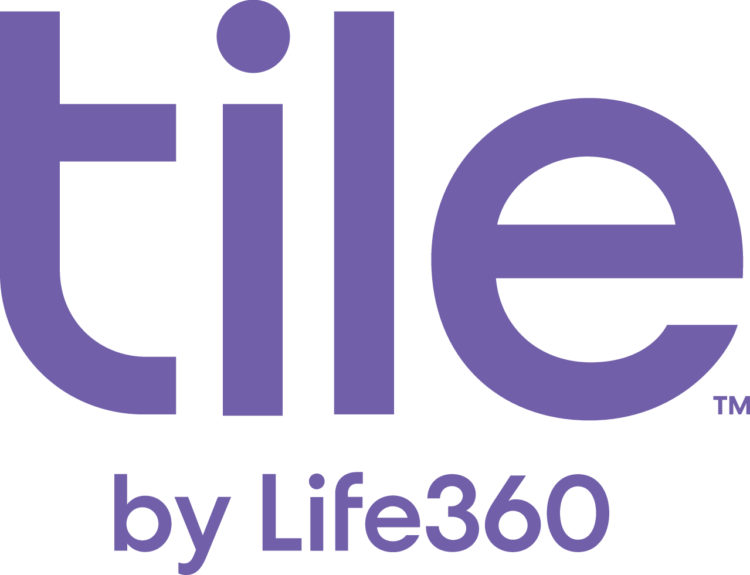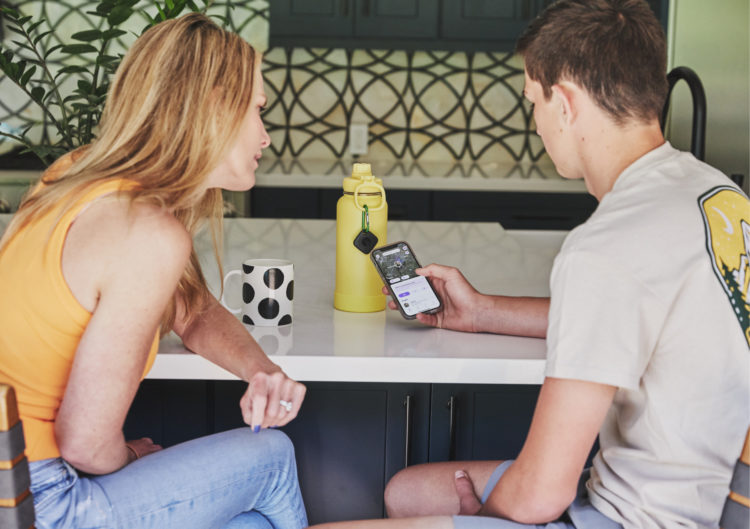Online safety for busy families
By Jason Brick

Although online safety is important to families all year long, it’s especially important during the back to school season. In August and September we’re buying supplies online, answering flurries of email, renewing connections with classmates and teammates, and setting up new devices. Whether your kids are entering kindergarten or starting their last year of graduate school, the whole family is more vulnerable than at more sedate times of year.
Most of us already know the basics of password hygiene to keep our accounts locked down, but that’s just the beginning of online safety and information security for modern families. Although Life360’s Data Breach Alerts and Identity Theft Protection can help if your personal information has leaked, it’s even better to avoid the problem in the first place. As school season gets fully into swing, keep in mind these five best practices and teach them to your kids.
1. Lie on Your Recovery Questions
Those questions websites use to restore your passwords ask for information only you might know, like the name of your high school sweetheart or the first concert you ever attended. Trouble is, most places use the same kinds of questions, and it’s surprisingly easy for bad guys to find the answers (or at least narrow down the possibilities) by scrolling through your social media. Even if your feeds are locked down tight, a friend might post some nostalgic photo that gives it all away.
The solution to this is simple: lie on the recovery questions. If they ask for your first pet’s name, tell them Daffy Duck. If it’s the model of your first car, say The Millennium Falcon. Remember what you answered, and keep that record somewhere safe.
2. Use the Bus Stop Principle
There’s a tricky balance to be struck between encouraging kids to be active in appropriate online communities, and safeguarding their personal information during that activity. Online predators actively solicit inappropriate information, and even well-meaning online gaming buddies might accidentally ask a question anybody listening could use.
Use the Bus Stop Principle as a guideline for this kind of online safety. Teach your kids (and keep in mind for yourself) to think of those online conversations as like one waiting for the bus or the train. Anything you wouldn’t tell a stranger on a bus bench, you don’t say online either. That keeps the conversation to safe, non-personal topics bad guys will be hard put to misuse.
3. Be Smart With Images
Sure, you want to post that first day of school photo to commemorate the day (and show off their adorable outfits). Or maybe that wine brunch photo with your friends on your first day without kids since summer started. Either way, the wrong person seeing those photos gets a wealth of information you would rather they not have. It gets even worse with our teens: how much information could a devoted predator glean from the background of that selfie in their bedrooms?
Look at every image you want to post and triage them into three categories:
- Images that give away no sensitive information
- Images that would be safe if you blurred some things before posting
- Images that give away too much information
Also keep in mind that time of posting is usually giving away more than you want to. Practice at least a two-hour lag time between any given event and posting about it online.
4. There’s No Such Thing as Free Wi-Fi
The good news about many places in the developed world is, it’s easy to find a Wi-Fi connection basically anywhere you go. The bad news is that most of those connections have terrible security. The passwords are weak, easily guessable, and rarely changed. Connection protocols are rudimentary. In some cases (especially airports), bad guys set up free Wi-Fi connections for the express purpose of harvesting information.
That means anything you do on your mobile devices over a free, public Wi-Fi system could be broadcasting itself to anybody who wants to do bad things with your information. It’s best to avoid doing any banking, or personal communication over any network you don’t completely trust. If that’s unavoidable, change your passwords immediately after (on a new network), and check your Data Breach Alerts periodically for a few weeks afterward.
5. Don’t Take Those Quizzes
You know the ones we’re talking about. Click here to find out which Hogwarts House you’d be a part of, or how long you’d last in the Zombie Apocalypse. When you click on those sites, you give the site permission to harvest a bunch of your social media information, which it packages up and sells. Most of the time, they’re just selling it to advertisers or data analysts for purposes of selling you things…but sometimes, it’s more sinister.
The same thing goes for those free games on Facebook. They not only harvest your information, but they actively encourage you to rope in friends and family, so their information gets harvested as well. Bottom line: you have better things to do with your time anyway, so give these a hard pass.
It’s a Lot Like Driving…
Think of Life360’s digital safety features like it’s a seatbelt, and your information security like it’s a steering wheel. In all cases, you would rather use your steering wheel than need your seatbelt…but if the steering wheel fails (for whatever reason) you’re always glad you have your seatbelt on.


